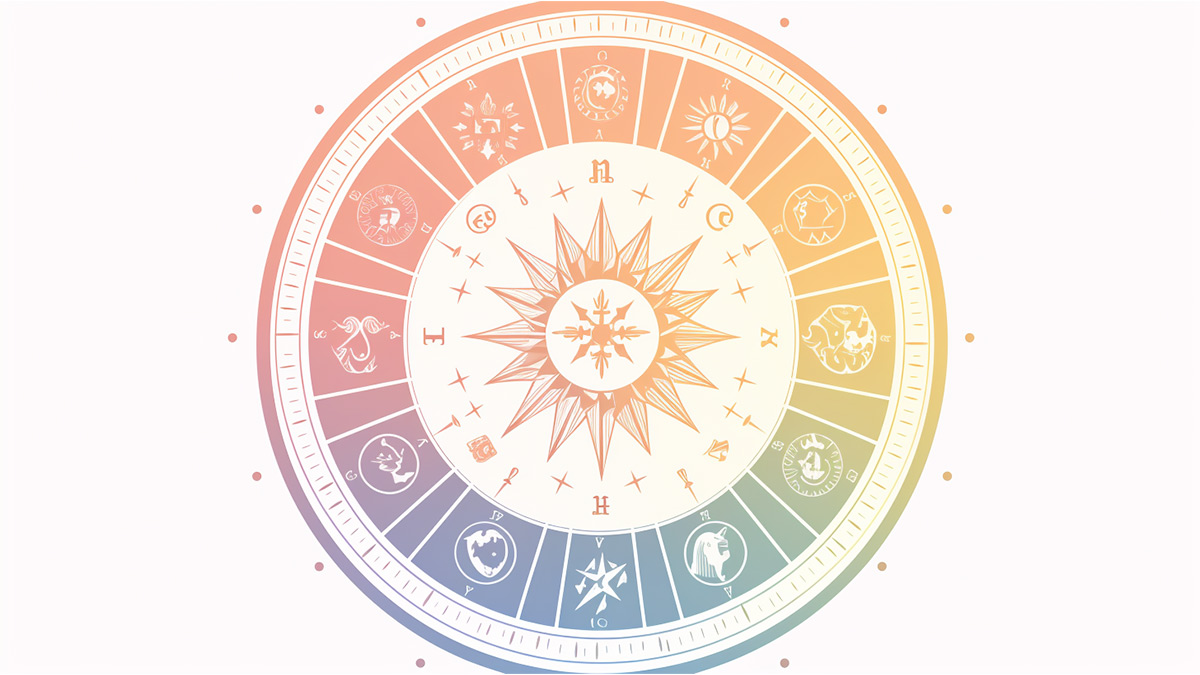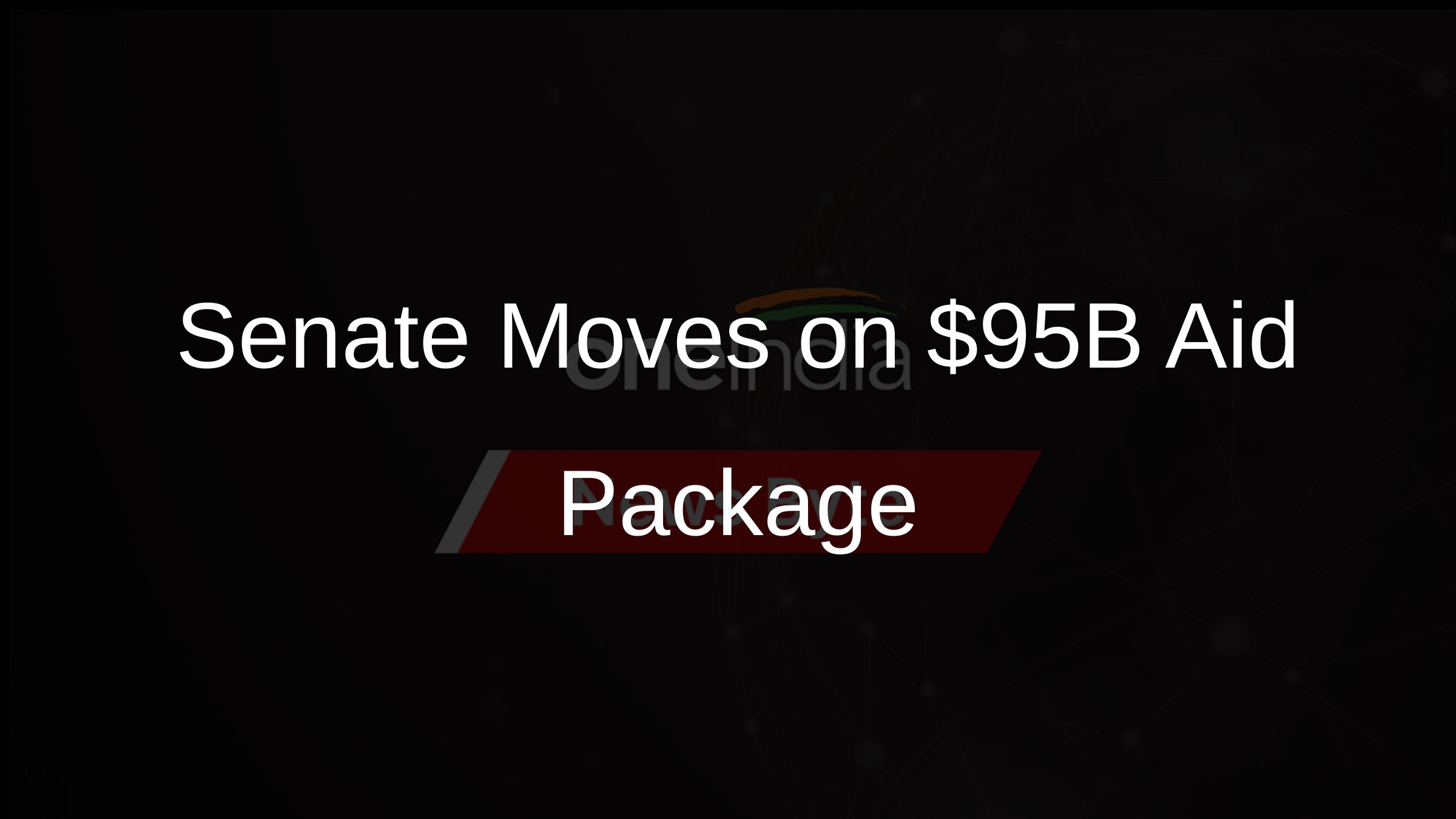
Websites help voters make judicious decisions

In the 2004 general election, about 1,000 candidates out of over 5,000 had declared assets of over Rs. 1 crore. But only 136 of these crorepatis actually made it to parliament. There are over 800 MLAs around the country with declared assets of over Rs. 1 crore.
These are important trivia which help voters make a judicious decision in the polls.
With the surge of internet in the country, the election scenaria too is witnessing revolutionary changes.
As 16th Lok Sabha is closing, the number of websites which help voters to make judicious choice in the polls has also gone up.
India had around 205 million internet users by October this year, registering a year-on-year growth of 40 percent over last year and by December 2013 the figure is expected to reach 213 million according to Internet and Mobile Association of India.
These websites provide voters with trivia and details about candidates, various political parties, parliamentary and assembly processes and social issues.
Established in 1999, the Association of Democratic Reforms (www.adrindia.org) is one of the most popular websites of this kind. It brings out and analyses the criminal records and wealth of the candidates before all recent assembly elections.
The ADR website, on its homepage, has a list of reports and topping the chart is the link to an analysis of candidates in the Delhi, Rajasthan, Madhya Pradesh, Chhattisgarh and Mizoram elections.
"When we first came up with the idea of getting these affidavits out, we had to file a PIL in Delhi High Court," recalls Jagdeep Chhokar, former IIM professor and one of the founder members of ADR.
The battle was long as the Delhi government brought an ordinance to stop the release of affidavits, following which the group went to the Supreme Court.
It was the efforts of ADR which resulted in the Election Commission (EC) uploading affidavits on its website. Chhokar adds that before the PIL, it was not possible to get any information on the candidates from the Election Commission.
ADR tied up with Facebook recently to provide information about candidates through SMS.
"The reach of internet, howsoever large the number may be, is still a small percent of our total population. We are using several other mediums to reach the voters," said Chhokar.
Another such website, www.empoweringindia.org, run by thinktank Liberty Institute, provides information about candidates, election analysis and other details.
"The objective is to encourage citizens to actively participate in the democratic process as well as promote transparency and accountability in politics," says the website.
One of the leading think tanks giving information on procedures of parliament and assemblies, PRS Legislative Research (www.prsindia.org) provides information on parliament's functioning, bills passed, pending legislation, time lost and almost every other nugget about parliament.
The think tank provides assistance to parliamentarians as well.
"PRS Legislative Research (PRS) seeks to strengthen the legislative process by making it better informed, more transparent and participatory," the PRS website says.
While these websites stress on transparency, a lot of them are also encouraging voters, especially the first timers to exercise their right.
There will be 149.36 million first time voters in the 2014 Lok Sabha polls, comprising 20 percent of India's electorate as per the Election Commission.
Another website, Jagore (www.jagore.com), is focussing on women voters.
"Fortynine percent of India's voters are women. Isn't it about time women remind the system that their existence in the democracy counts?" the website says.
Yet another website, You speak India (www.youspeakindia.org), started in August this year, offers articles on none of the above (NOTA) option, drug pricing and affordability, human trafficking and a slew of other issues. It also has a link for first time voters to register.
Vote India (www.voteindia.in), which was started in 2008, gives users the option to create a 'sankalp' or resolution for voting. The list of 'sankalps', which do not reveal the name of individuals, have people pledging to vote or not to vote for particular parties citing different reasons.
"I will Vote for Aam Aadmi Party because they reflect the voice of youth", reads one 'sankalp'.
"I will Vote for Maharashtra Navnirman Sena if Raj Thackeray starts talking about constructive measures to be taken for the crumbling infrastructure of Mumbai", says another.
Users can choose to support or not to support the resolutions.
It also provides information on how to register as a voter, what to do if one's name has been put incorrectly in the voter's list and other issues.
The Ballot (www.theballot.in) describes itself as "a visual compendium of information about the world's largest democracy".
It has a list of blogs giving information like number of women in parliament, attendance of MPs, and other such things.
IANS


 Click it and Unblock the Notifications
Click it and Unblock the Notifications


































